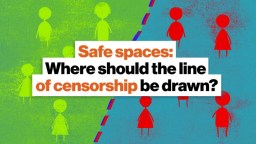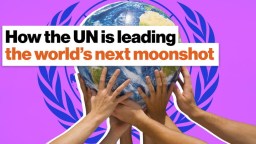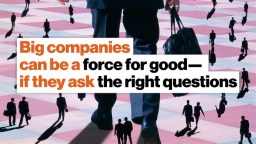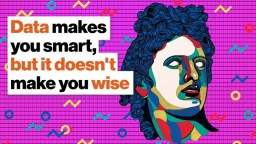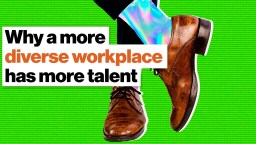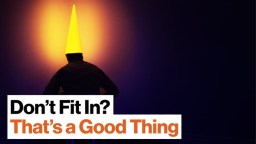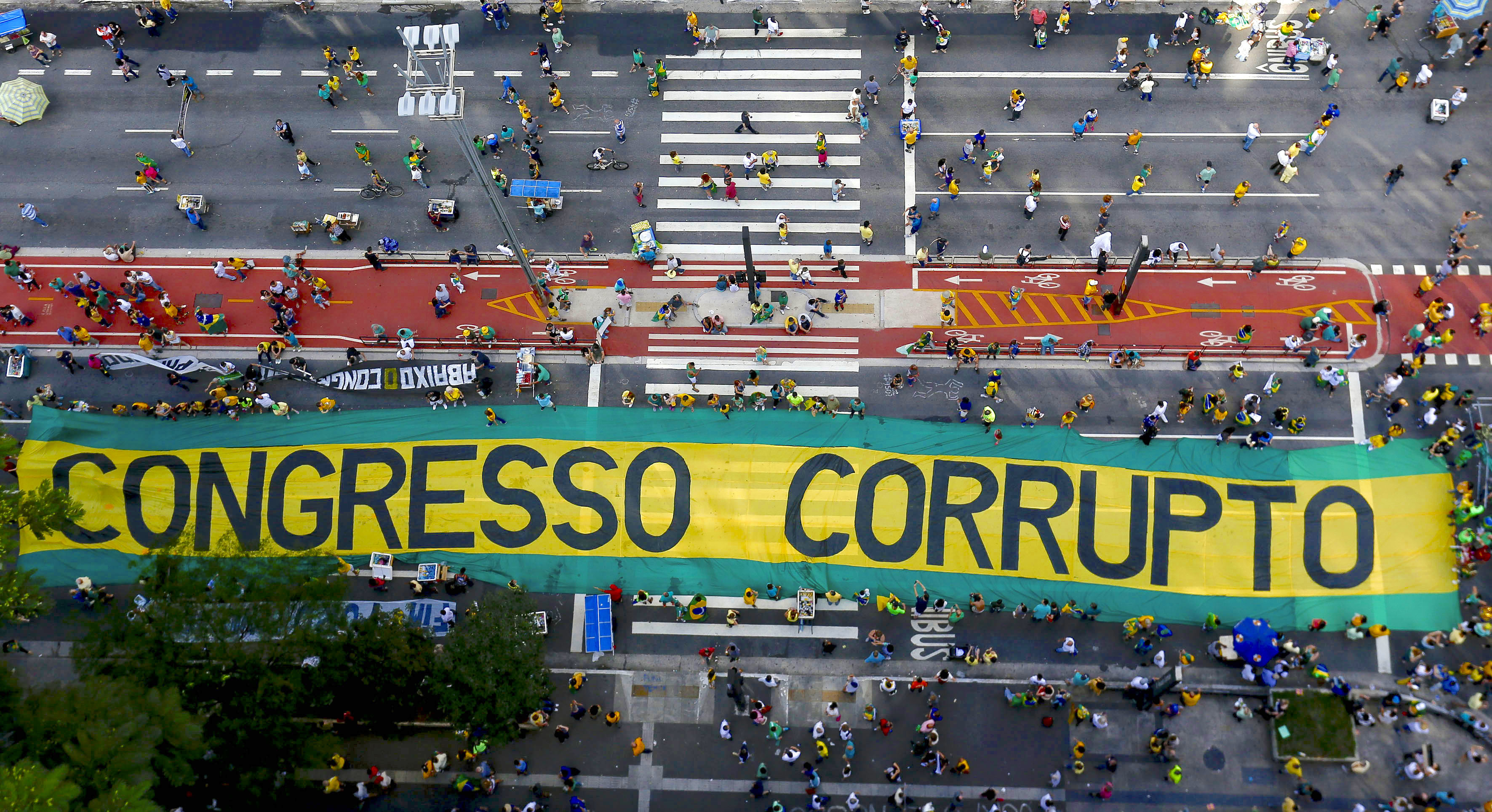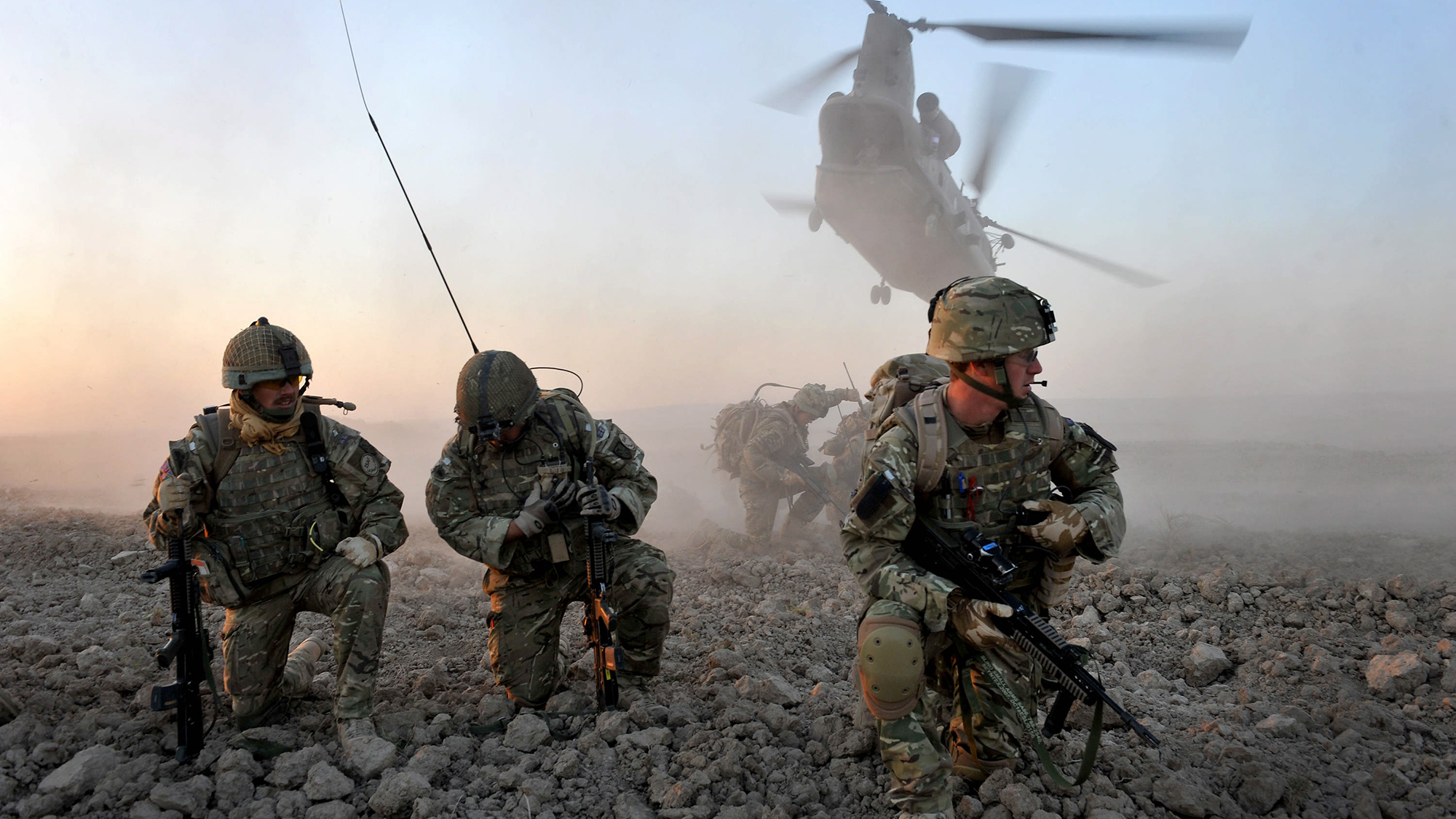The Present
All Stories
Are university safe spaces killing intellectual growth?
▸
3 min
—
with
How the U.N. hatched the most ambitious plan in the world.
▸
7 min
—
with
The world’s getting hotter, and it’s getting more volatile. We need to start thinking about how climate change encourages conflict.
Transformation of big companies is really important if we want to create a system that is fairer, more sustainable and less unequal.
▸
7 min
—
with
U.S. Supreme Court justices receive lifetime appointments to the bench, but many wonder if indefinite terms do more harm to our legal system than good.
Meritocracy doesn’t work when some people benefit from the system disproportionately.
▸
6 min
—
with
American farmers are expected to traverse a rocky financial road in the coming months.
Diplomacy is not always pretty and much of the work of diplomats is misrepresented and politicized but it is absolutely essential to keep the world at peace.
▸
5 min
—
with
You are leaking data, and absorbing it, says Yale historian Timothy Snyder. But for whose benefit?
▸
5 min
—
with
Both the U.S. and the Soviet Union created secret cities to house the scientists working in their nuclear weapons programs. Both nations went about this in very different ways and with very different, sometimes disastrous, results.
Do you know your rights? Hit refresh on your constitutional knowledge!
▸
2 min
—
with
You might say members of the Intellectual Dark Web don’t fit in. They might say, “exactly.”
▸
5 min
—
with
We all live by society’s invisible rules but for some groups, these rules are tighter than for others, says psychologist Michele Gelfand.
▸
3 min
—
with
Economic necessity and growing isolation are making some middle-class families try coparenting, explains author Alissa Quart.
▸
3 min
—
with
No standardized tests, no private schools, no stress. Finland’s education system is consistently ranked best in the world. Why isn’t America copying it?
Ranking the world’s most corrupt nations for 2018.
Consumerism is sort of like junk food—you can consume all you want but it’s still never going to be filling.
▸
6 min
—
with
Sky-high rent, second jobs, and wealth-worshipping 1% TV shows—journalist Alissa Quart explains how the American dream became a dystopia, and why it’s so hard for middle-class Americans to get by.
▸
6 min
—
with
The Thucydides Trap leads us to believe a U.S.-China war is inevitable. But is a 2,400-year-old school of thought really what the U.S. should base its foreign policy on?
We think of ourselves as rational beings, but our cognitive biases often mean our decisions are based on instincts and emotions. Here are five times cognitive biases pushed Americans to advance foreign policies that stood against the country’s best interests.
Meeting people is easy. Just ask award-winning author and “most connected millennial” Jared Kleinert.
▸
5 min
—
with
How much does cognitive bias change people’s perception? Well, the history of computing would be a lot different.
▸
4 min
—
with
The costs of the War in Afghanistan are astounding and without end, with the war about to enter its 17th year.
Jordan Peterson is one of the most controversial public figures in recent years. Here’s a recap of some of his ideas.
The United States is by far the world’s largest dealer of arms, which often fall into the wrong hands.
The U.S. has been in a state of continuous armed conflict since 2001, yet Congress has not declared war on a country since 1942. How have several presidents managed to keep sending troops without a declaration of war, and what does this mean for the American people?
Why do we continue to stay in Iraq and Afghanistan? Because of two big reasons.
▸
with
